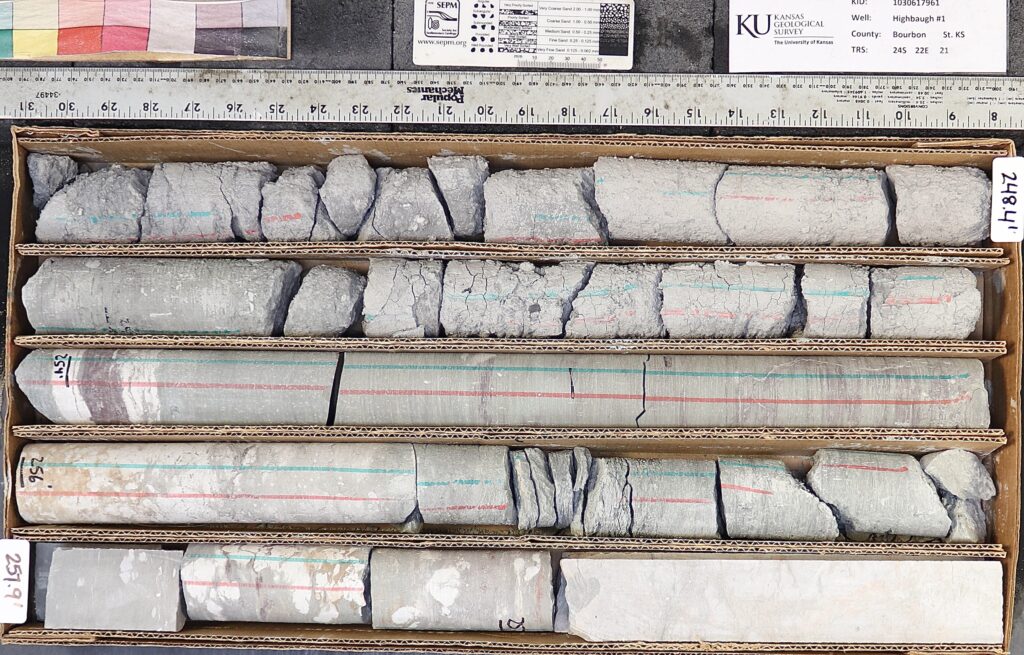
Elon Musk’s Boring Company has begun construction on a planned tunnel between downtown Nashville and the airport. Last Tuesday afternoon, the company dug underground at its worksite on Rosa Parks Boulevard for a future utility pole.
At the same time, the company sampled the city’s rock.
That is not typical.
Companies and government agencies usually do geological studies at least a year, or multiple years, before breaking ground on large construction projects in Middle Tennessee for planning purposes. Careful planning is particularly important in Nashville due to its karst terrain, which is a limestone maze of cracks, caves and underground streams.
For example, if a company discovers a cave in the path of construction, it can design measures to help prevent disasters, such as sinkholes, and address potential sources of water pollution.
How rock sampling works
Project managers study the underground landscape by sampling the rock in a process called a “soil boring.”
In Nashville’s terrain, this might involve drilling through soil, with a device called an auger, then collecting skinny, cylindrical rock samples via “coring.”
 Courtesy Kansas Geological Survey
Courtesy Kansas Geological Survey Rock core samples can reveal fractures in various types of underground rock. In Nashville, fractured limestone allows water and soil to move through the rock, making the terrain vulnerable to karst features like caves.
Limestone has slowly dissolved and fractured for hundreds of millions of years naturally. But surrounding soil can erode quickly, leading to geological hazards. The chalk-like rock can also fracture due to construction activities, so abundant new samples are recommended for construction projects.
The Tennessee Department of Transportation recommends borings every 200 feet for projects that cut through rock, according to geotechnical guidance it published in 2023. For the Boring Company’s proposed tunnel between downtown and the airport, that equates to 250 soil samples.
The company has planned just five soil borings in Nashville so far, according to Tennessee 811 public records through Sept. 12.
Experts, city officials are concerned about geotechnical planning
The lack of geotechnical investigation is one reason why geologists and tunnel experts have expressed concern about the project. Mayor Freddie O’Connell’s office asked how geological challenges would be addressed in a list of questions sent to the company in July.
“Detailed geotechnical investigations and utility surveys are underway along the alignment to assess the limestone formations and map existing underground infrastructure. This work will ensure geological conditions and utility conflicts are fully understood and addressed prior to tunneling operations,” the Boring Company wrote in response to the city on Sept. 4.
The Boring Company did not respond to WPLN News questions about how many soil borings the company plans to do or whether it did any digs prior to construction. The company has planned 13 other digs for construction purposes thus far. In August, contractors dug a giant pit likely more than 100 feet across — though it is unclear what the pit is being used for at this time. It is possible the company will eventually lower the boring machine into the pit to begin tunneling, but it would provide limited data for geotechnical purposes.
Without sufficient rock exploration, the Boring Company would essentially be tunneling blindly underneath Nashville.

